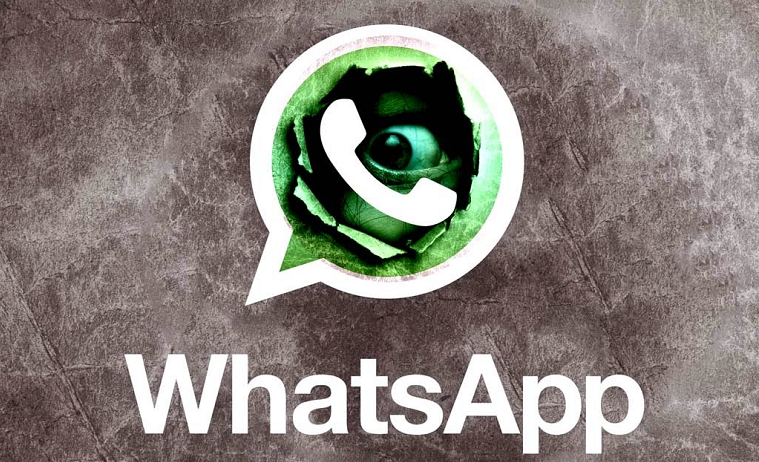RIO DE JANEIRO, BRAZIL – Facebook has under contract more than 1,000 employees who continuously read and moderate “millions of private messages, images and videos” sent through its WhatsApp subsidiary service, according to a report published Tuesday by the portal ProPublica.
Meanwhile, WhatsApp touts its privacy policies and emphasizes that the company cannot decrypt messages between users.
Read also: Check out our coverage on Dissenter’s Voice
Facebook CEO Mark Zuckerberg assured during his testimony before the U.S. Senate in 2018, “We don’t see any of the content on WhatsApp.” However, according to a new report based on internal documents and interviews with moderators, it turns out that this is not the case.
“WhatsApp has more than 1,000 contract workers, filling floors of office buildings in Austin, Texas, Dublin, and Singapore. […] They pass judgment on anything that appears on their screen – claims of everything from fraud or spam to child pornography and possible terrorist plots – usually in less than a minute,” ProPublica wrote.
These ‘moderators’ are not direct employees of WhatsApp or Facebook but are contractors working for US$16.50 an hour and must keep quiet about their work under non-disclosure agreements.
WHAT CAN THEY SEE?
According to the portal, the content these contractors must watch out for are messages reported by users or flagged by artificial intelligence. Thus, when an Internet user presses ‘report’, the message in question and the four previous messages in the respective chat are decoded and sent to one of these moderators for review.
Messages selected by artificial intelligence are examined based on unencrypted data collected by WhatsApp, such as “users’ WhatsApp group names and profile pictures, their phone numbers, profile pictures, status messages, phone battery level, language and time zone, unique cell phone ID and IP address, wireless signal strength and phone operating system, as well as a list of their electronic devices, any related Facebook and Instagram accounts, the last time they used the app and any previous history of violations,” according to ProPublica.
On the other hand, some of the messages reviewed by moderators were flagged in error. WhatsApp has 2 billion users who speak hundreds of languages, and staff sometimes have to rely on Facebook’s translation tool to parse flagged messages. According to one employee, that tool is “horrible” at decoding local slang and political content.
Reports also indicate that WhatsApp shares certain private data with law enforcement agencies, such as the U.S. Department of Justice. For example, ProPublica reports that WhatsApp user data helped prosecutors build a case against a former Treasury Department employee, Natalie Edwards, who allegedly leaked confidential banking reports about suspicious transactions to BuzzFeed News.
WhatsApp communications director Carl Woog acknowledged that its contractors review messages to identify and remove “the worst” abusers and asserted that the company does not consider that work to be content moderation. “We don’t really use that term for WhatsApp,” Woog told ProPublica.
“WhatsApp is a lifeline for millions of people around the world. The decisions we make about how we build our app are focused on the privacy of our users, maintaining a high degree of trustworthiness, and preventing abuse,” they assured the company.
PRO PUBLICA
ProPublica is a nonprofit organization based in New York City. It is a newsroom that aims to produce investigative journalism in the public interest.
In 2010, it became the first online news source to win a Pulitzer Prize, for a piece written by one of its journalists and published in The New York Times Magazine and on ProPublica.org.
ProPublica states that its investigations are conducted by its staff of full-time investigative reporters, and the resulting stories are distributed to news partners for publication or broadcast.
In some cases, reporters from both ProPublica and its partners work together on a story. ProPublica has partnered with more than 90 different news organizations, and it has won five Pulitzer Prizes.
Read the report here.


